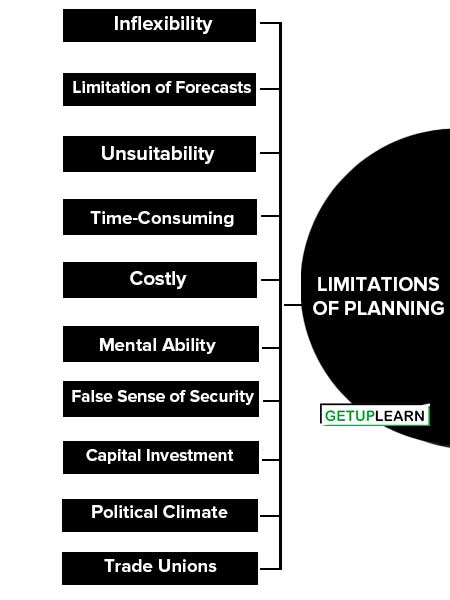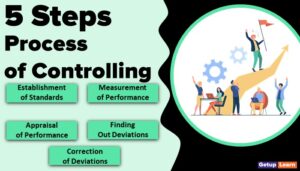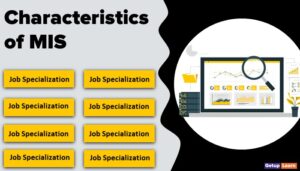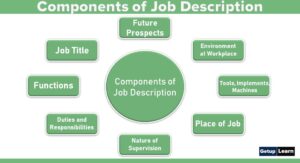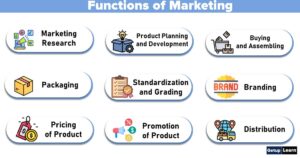Planning is a crucial aspect of decision-making, but it also has certain limitations that must be considered. These limitations of planning include issues such as uncertainty, complexity, and resource constraints, which can affect the accuracy and effectiveness of a plan.
Additionally, the changing nature of the environment, as well as unforeseen events, can also impact the success of a plan. It is important for individuals and organizations to be aware of these limitations and to incorporate strategies to mitigate their impact, in order to increase the chances of successful planning.
Table of Contents
Limitations of Planning
These are the same limitations of planning are given below:
- Inflexibility
- Limitation of Forecasts
- Unsuitability
- Time-Consuming
- Costly
- Mental Ability
- False Sense of Security
- Delay During Emergency Period
- Capital Investment
- Political Climate
- Trade Unions
- Technological Changes
Inflexibility
The more detailed and widespread the plans are the greater their inflexibility they are. This inflexibility arises from an account of the philosophy of management. If the management has the philosophy of production of high-quality goods at a high cost, it may be difficult for them to plan for a cheaper quality product.
Limitation of Forecasts
Planning is fully based on forecasts. If there is any defect in forecasts, the planning will lose its value.
Unsuitability
In planning, objectives, policies, procedures etc. are set after careful investigation of all the relevant factors. But in practice, business is facing new opportunities and challenges by nature. So, there is a need for the modernisation of alteration of such framed objectives and policies in light of new opportunities and challenges. Hence, planning is unsuitable.
Time-Consuming
The management cannot prepare any plan simply. It has to collect various information and hold discussions with others. So, planning is a time-consuming process.
Costly
Planning is preceded by the collection of the necessary information, careful analysis and interpretation of various courses of action, and selection of the best one among them.
This work cannot be completed without incurring any expenses. At the same time, there is no guarantee of getting any benefits from such planning. So, the planning process is a costly one.
Mental Ability
Planning is a mental exercise. The most careful planning is made only by an able and skilful manager. If the executives or managers do not have such ability, there will be no effective planning. According to George A. Steiner, “Planning is hard work.
It requires a high level of imagination, analytical ability, creativity and fortitude to choose and become committed. Management must exert pressure to demand the best efforts of managers and the staff. Both the talents required are limited and the maintenance of high-quality planning is difficult to achieve.
False Sense of Security
The future is uncertain. Planning is concerned with the future. The management people think that there is security if planning is properly adhered to. But, this is not true in practice. So, the course of action is limited and planning becomes precise. This difficulty makes the management a false sense of security.
Delay During Emergency Period
Planning does not give any benefits to an organisation during the emergency period. Spot decision dominates the planning. If planning is followed during the emergency period, there will be a possibility of delay in performing the work.
Capital Investment
If sizeable amounts are invested in fixed assets, the ability to change the future course of action will be limited and planning will become precise. This difficulty continues up to the liquidation of the investment or it creates a necessity to write off the investment.
Political Climate
Government can change its attitudes according to the changes in the political climate. Taxation policy and regulation of business and finances through financial institutions are generating constraints on the organisational planning process.
Trade Unions
The freedom of planning is restricted through the organisation of trade unions ai the national level. Trade unions can interfere in management activities on work rules, fixation of wages, productivity and associated benefits. Hence, managers are not free to take decisions in this area to some extent.
Technological Changes
When there is a change in technology, the management has to face a number of problems. The problems may be the high cost of production, competition in the market, etc. the management is not in a position to change its policies according to technology changes. It will affect the planning.
What are the limitations of planning?
The following are the limitations of planning:
1. Inflexibility
2. Limitation of Forecasts
3. Unsuitability
4. Time-Consuming
5. Costly
6. Mental Ability
7. False Sense of Security
8. Delay During Emergency Period
9. Capital Investment
10. Political Climate
11. Trade Unions
12. Technological Changes.

